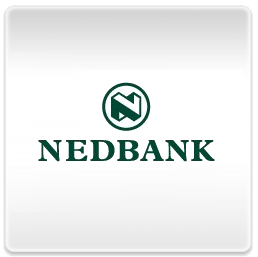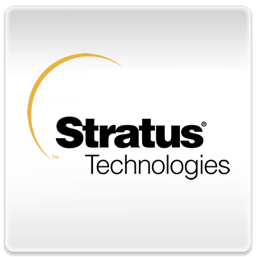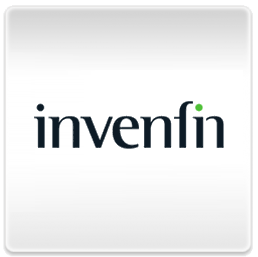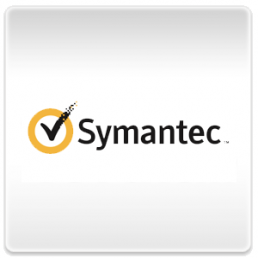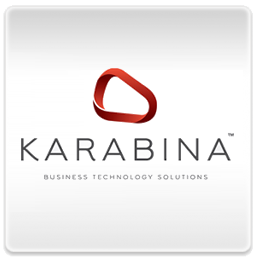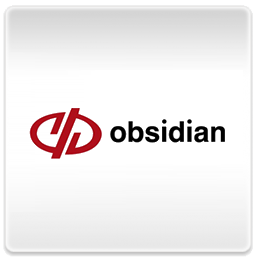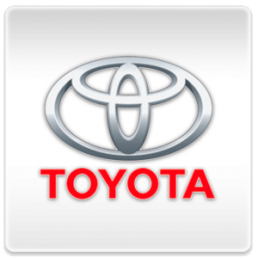Content and Community Q&A (Part 2)
Submitted by John Beale on Tue, 2012-08-07 14:50

To continue from last week's post Content and Community Q&A (Part 1) where I chat to two of Cerebra’s Content guys, Reece Jacobsen and Leyash Pillay, here's part 2:
6. Wait, so let’s be honest, have you ever had to ban a fan, and why?
R: I’ve had to ban more than one. Even though I said earlier I relish the challenge of changing a rant into a brand plus, trolls will still be trolls. It’s like Alfred from the Dark Knight said… “Some people just want to watch the world burn”. I’m a patient guy by nature, but even I can get called a C#$^ one too many times.
Other times it’s a lot less exciting, like a brand page trying to sell their Verimark-esque products on my page. Those sneaky buggers can go to hell. Gotta rule with an iron fist and protect my fans from evil spammers.
L: Of course! I don’t tolerate bad language at all, which is weird because people who know me know I have severe potty-mouth syndrome. As a community manager I’m there to create and sustain a sweet environment. Simple as that. We also employ “House Rules” to govern the safety of the page. If a fan breaches the terms, I assess the specific situation and make a call on whether they should be banned or not.
7. Ok enough about the negative fans. Do you find that creating the brand “tone & personality” online is a challenge? What are some tips?
R: I think the best way to go about that is to first listen to your audience by taking note of how they speak. You can also look deeper into demographics and use things like SocialBro to get an idea of the topics your followers talk about.
Then I’d suggest identifying five kinds of people who like your page; is it the soccer mom with two kids? The businessman with bills to pay? The young aspiring entrepreneur? The active teenager or the savvy young professional? Find them, and speak to them. It’s easier to write content and create a specific brand persona when you think you’re talking to five people as opposed to hundreds of thousands.
It’s important to remember that this is your fan’s playground, if you’re putting yourself in their space and want positive engagement; you have to play by their rules. Sometimes, there is no room for corporate lingo on things like Facebook. Be brave and let your ‘human’ show.
L: I think it depends if I take over an existing community or if I’m starting a new one.
Taking over an existing community is quite a challenge in terms of defining its personality. Define what is needed, slowly fade out the old personally, and steadily increase the new persona. It’s necessary to take a systematic approach when fading out the old tone and introducing new – it may be a positive change, but a fan’s default reaction to change may not always be.
For me, your true personality shows in community management. It’s how you respond to queries or create conversation. It’s choosing specific words, and choosing whether to be humorous or not. Show the human emotion!
Confidence plays a big role in defining a voice; I am 100% assured of myself whenever I respond to anyone. I know my brand’s voice and, having built it, I use it!
Knowing the members of the community also plays a big role. Who am I actually talking to? The personality needs to compliment that of the target demographic and the content needs to be tailored accordingly. Talk to the community, not at them!
8. Personality is incredibly important in content – do you ever schedule tweets or Facebook updates and if so, why?
R: Nope. I’m not the biggest fan of scheduling content. I think I stressed the importance of being human and off-the-cuff in my previous point because that’s where your most inspirational content will come from.
The shortcut to a great community is to go the long way around and put the effort in yourself. Don’t be lazy – don’t schedule content. Though I’m pretty sure a lot of other content and community managers will disagree with me though.
L: I try not to. I have a relationship with my community and this may sound crazy but I feel like I’m talking to them personally when I update the page or tweet. I kind of want them to know that someone is talking to them and it’s not just a bot.
Sometimes you don’t have a choice but to schedule updates. It’s only in cases where content is time sensitive and I can’t update the community (like when I know I’ll be in a meeting) that I will be forced to schedule.
My view on this is personal and my relationship with the community is too. Some may say that you shouldn’t get attached, but I think a community manager should. It’s a vital aspect in building a community.
9. Let’s talk stats – what do you think is the most important measurement of a healthy community online?
R: Anything around engagement really. The more you can find out about how and why your community is engaging with your content, the better. You can have all the fans or followers in the world, but if you aren’t hearing back from them you might as well be spending your money on TV or radio adverts.
Metrics like ‘people talking about this’ and ‘engaged users’ is what I generally look at first on Facebook. Twitter is a little bit more complex and involves ‘manual labour’. Go back and compare how many replies, RTs and favourites similar tweets got and why one was more successful than the other. Which video got the most views, likes, dislikes and comments. Which blog post got the most shares, etc.
We’re a long way off from competing with the TV, print and radio guys in terms of reach, but we do have something that they will never have: Two-way engagement. Conversations between brands and their customers is what social offers that traditional media doesn’t.
L: Ooh, tough one! I think engagement is the most important measurement. It’s no point having a million fans when no one cares enough to communicate with you. We build communities under a brand and the purpose is to gain insight into what the consumers want and how they view the brand, as well as to interact one on one with the consumer. Building a community is about building relationships with fans and the only way to do this is to engage with them.
10. Finally, is there anything you wish your fans knew or had a better understanding of?
R: How to share my content, of course ;)
L: The value that we ultimately try and create for them by employing these social platforms as a means of communication. They need to understand we are not just selling them something, rather building a relationship with the brand so that they can gain the value from the brand in the future by having better products and service made from their feedback on social media.
- Login to post comments






